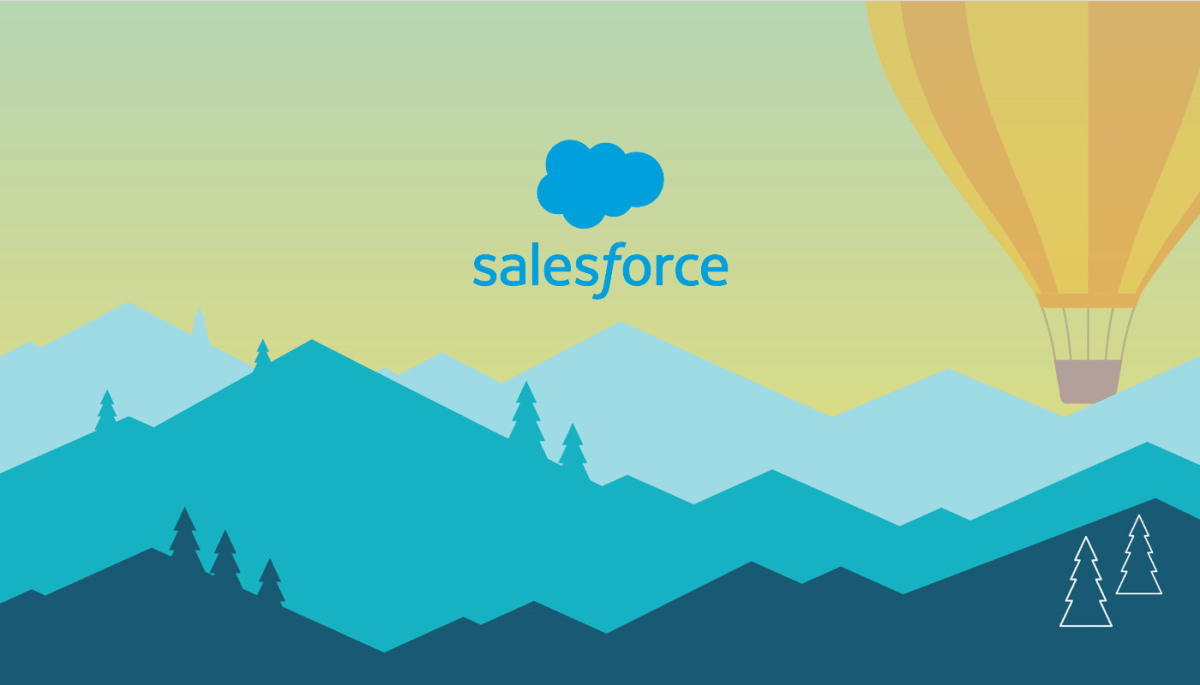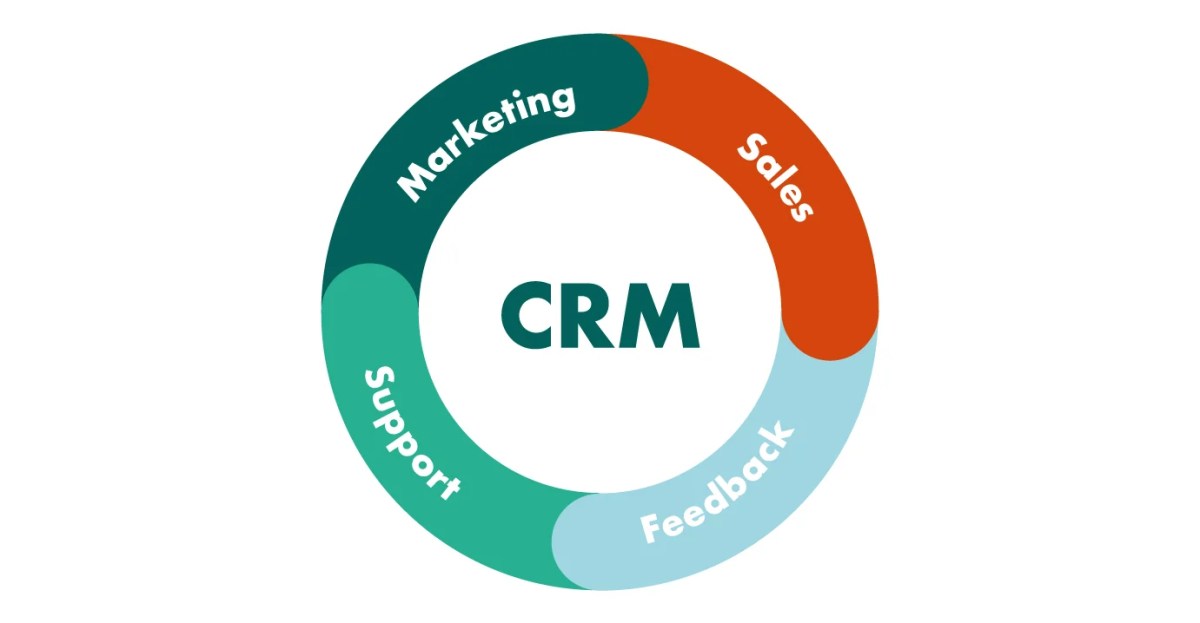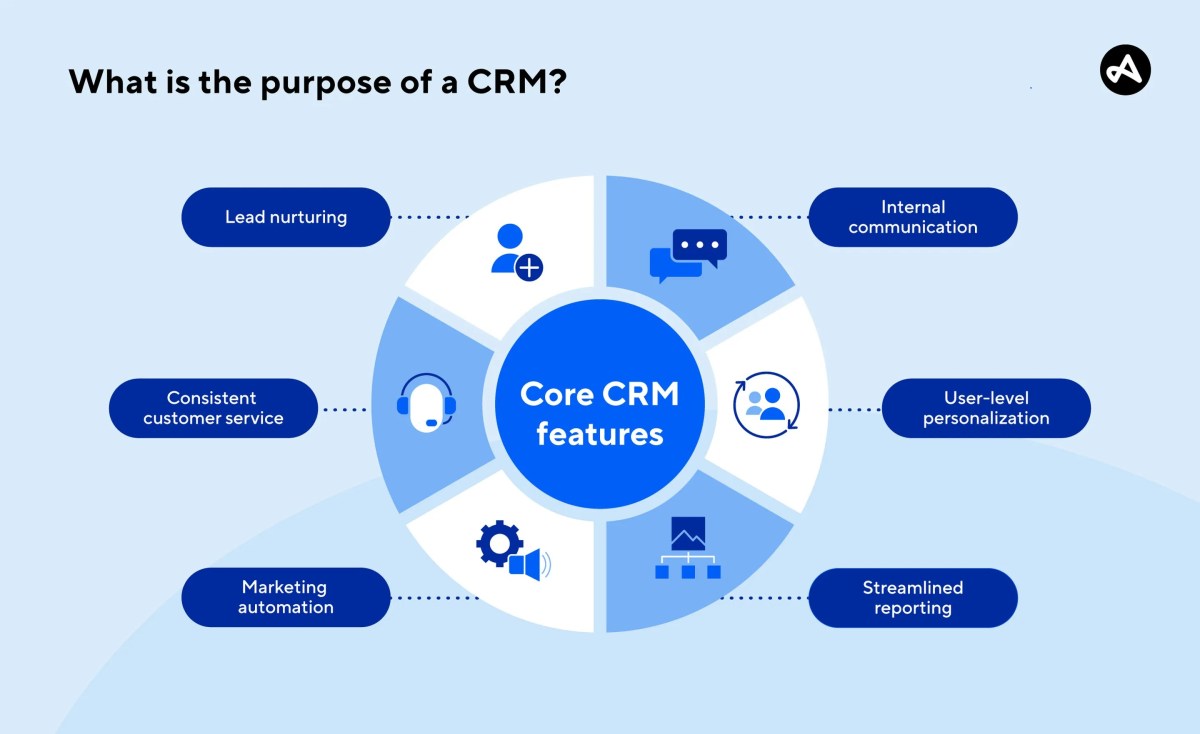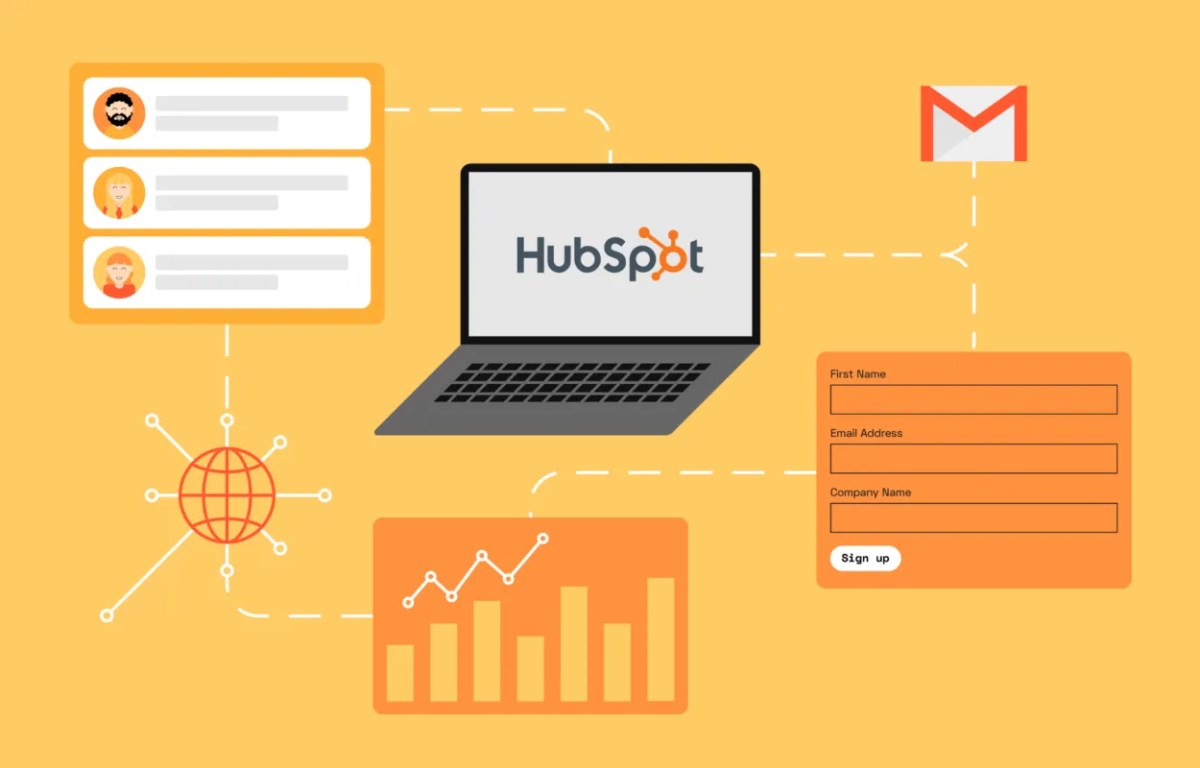Salesforce CRM Pricing: 7 Shocking Truths You Must Know
Thinking about Salesforce CRM pricing? You’re not alone. With so many plans, add-ons, and confusing terms, it’s easy to feel overwhelmed. Let’s cut through the noise and give you the real breakdown—no fluff, just facts.
Salesforce CRM Pricing: The Complete Breakdown

When it comes to Salesforce CRM pricing, the first thing you need to understand is that there’s no one-size-fits-all answer. Salesforce structures its pricing around user tiers, features, and deployment models. The platform offers several editions, each tailored to different business needs, from small startups to global enterprises.
Unlike many competitors, Salesforce doesn’t publish exact prices on its website. Instead, it uses a quote-based model, meaning you’ll need to contact sales for a custom package. While this allows for flexibility, it can also make budgeting tricky. Let’s explore the key editions and what they cost.
Essentials Edition: For Small Businesses
Salesforce Essentials is designed for small businesses with up to 10 users. It’s the most affordable entry point into the Salesforce ecosystem. Priced at around $25 per user per month, it includes basic CRM features like contact management, lead tracking, and email integration.
- Simple setup with guided onboarding
- Mobile app included
- Limited customization options
This plan is ideal for businesses just starting with CRM but lacks advanced automation and reporting tools. It’s also not scalable beyond 10 users, making it a short-term solution for growing companies.
Professional Edition: The Mid-Tier Powerhouse
Priced at approximately $80 per user per month, the Professional Edition is where Salesforce starts to shine for growing businesses. It includes workflow automation, custom reporting, and role-based access controls.
- Advanced workflow rules and approvals
- Customizable dashboards
- Integration with third-party apps via AppExchange
This edition is perfect for sales and service teams that need more control over their processes. However, it still lacks some developer tools and advanced analytics available in higher tiers.
Enterprise Edition: Full Control & Customization
At around $165 per user per month, the Enterprise Edition offers full API access, advanced customization, and robust security features. This is where Salesforce CRM pricing starts to reflect enterprise-grade capabilities.
- Unlimited custom apps and objects
- Advanced user management and security
- Dedicated customer support
Businesses that need deep integration with other systems or want to build custom solutions on the Salesforce platform will find this edition indispensable. However, the cost can escalate quickly with additional features.
Salesforce CRM Pricing by Product Line
Salesforce CRM pricing isn’t just about editions—it also varies by product line. The company offers specialized clouds like Sales Cloud, Service Cloud, Marketing Cloud, and more. Each has its own pricing structure and feature set.
Understanding how these products fit into the overall Salesforce ecosystem is crucial for making an informed decision. Let’s dive into the most popular ones.
Sales Cloud: Driving Revenue Growth
Sales Cloud is the flagship product of Salesforce and the most widely used CRM module. It helps sales teams manage leads, opportunities, and forecasts. Salesforce CRM pricing for Sales Cloud starts at $25/user/month for the Lightning Essentials plan and goes up to $300/user/month for Unlimited.
- Lead and opportunity management
- Sales forecasting and pipeline tracking
- AI-powered insights with Einstein Analytics
According to Salesforce’s official site, Sales Cloud pricing is tiered into four main plans: Essentials, Professional, Enterprise, and Unlimited. Each adds more automation, customization, and support.
Service Cloud: Elevating Customer Support
Service Cloud is designed for customer service teams. It enables case management, knowledge base creation, and omnichannel support. Salesforce CRM pricing for Service Cloud starts at $36/user/month for the Digital Edition and goes up to $300+ for the Unlimited Edition.
- Live chat, email, and phone support integration
- AI-powered chatbots (Einstein Bots)
- Service console for agents
For companies focused on customer experience, Service Cloud is a game-changer. However, the full potential requires add-ons like Field Service or Messaging, which increase the total cost.
Marketing Cloud: Engaging Customers at Scale
Marketing Cloud is a separate beast altogether. It’s not included in standard CRM editions and has its own complex pricing model. Salesforce CRM pricing for Marketing Cloud starts at around $1,000/month for basic email marketing and can exceed $50,000/month for enterprise deployments.
- Email, mobile, social, and web personalization
- Journey Builder for customer engagement
- Data analytics and audience segmentation
Unlike Sales or Service Cloud, Marketing Cloud is sold based on data volume, number of contacts, and features used. This makes it hard to predict costs without a detailed audit of your marketing needs.
Hidden Costs in Salesforce CRM Pricing
What you see isn’t always what you pay with Salesforce CRM pricing. Beyond the base subscription, there are several hidden or often overlooked costs that can double your budget.
Let’s uncover the most common ones so you can plan accordingly.
Implementation and Onboarding Fees
Implementing Salesforce isn’t plug-and-play. Most businesses need consultants or partners to set up data migration, workflows, and integrations. These services can cost anywhere from $10,000 to $100,000+, depending on complexity.
- Data migration from legacy systems
- Custom development and automation
- User training and change management
According to Gartner, over 60% of Salesforce customers hire third-party consultants for implementation, adding significant upfront costs.
Add-Ons and Premium Features
Salesforce makes money through upselling. Features like Einstein AI, Field Service, or advanced analytics are not included in base plans. Each can add $50–$150 per user per month.
- Einstein Lead Scoring: $75/user/month
- Field Service: $150/user/month
- CPQ (Configure, Price, Quote): $75–$300/user/month
These tools are powerful, but they turn a $80 plan into a $300+ per user expense quickly. Always assess whether you truly need them before committing.
Annual Contracts and Price Lock-In
Salesforce typically requires annual contracts. While this locks in your rate for a year, it also means you’re committed even if the platform doesn’t meet expectations. Month-to-month options are rare and often more expensive.
Also, be aware that renewal rates can increase by 5–10% annually. Always negotiate multi-year deals with price caps to avoid surprises.
Salesforce CRM Pricing for Nonprofits and Education
Not all Salesforce CRM pricing is out of reach. The company offers significant discounts for nonprofits and educational institutions through its Power of Us Program.
Eligible organizations can get Salesforce licenses at up to 90% off. For example, the Enterprise Edition can cost as little as $20/user/month instead of $165.
Nonprofit Cloud: Built for Mission-Driven Organizations
Nonprofit Cloud is tailored for charities, NGOs, and foundations. It includes donor management, grant tracking, and volunteer coordination. While the base CRM is discounted, add-ons like Marketing Cloud for Nonprofits still incur extra costs.
- Donor and fundraising management
- Program impact reporting
- Integration with financial systems
Nonprofits must apply and be verified by Salesforce to qualify. Once approved, they gain access to free training, support, and a community of other nonprofit users.
Educational Institutions: Teaching with Salesforce
Schools and universities can use Salesforce for student recruitment, alumni engagement, and donor relations. Salesforce offers free or low-cost licenses for faculty and students.
- Salesforce for Education: Free for teaching use
- Trailhead for learning Salesforce skills
- Education Data Architecture (EDA) for student lifecycle management
This makes Salesforce a powerful tool for both administrative efficiency and workforce development.
How to Reduce Salesforce CRM Pricing Costs
There are smart ways to lower your Salesforce CRM pricing without sacrificing functionality. From negotiation tactics to usage optimization, here’s how to get the most value.
Negotiate with Salesforce Sales
Yes, you can negotiate. Salesforce sales reps have some flexibility, especially for multi-year contracts or bulk user licenses. Ask for discounts, free training, or extended trials.
- Bundle multiple clouds for a better rate
- Request a pilot program before full rollout
- Negotiate price caps on renewals
“Always ask for a discount—even if they say no at first. Salesforce often has unadvertised promotions or partner-funded incentives.” — CRM Consultant with 10+ years of experience
Optimize User Licenses
Not every employee needs a full Salesforce license. Use lower-cost licenses like Salesforce Platform or Force.com for users who only need access to custom apps or dashboards.
- Assign Chatter Free licenses for collaboration-only users
- Use Community Cloud licenses for external partners or customers
- Regularly audit inactive users and deactivate them
This can reduce costs by 30–50%, especially in large organizations.
Leverage Free Tools and Open Source
Salesforce offers many free tools that can replace paid add-ons. Trailhead is a free learning platform. AppExchange has thousands of free or low-cost apps.
- Use free reporting tools instead of paid analytics
- Explore open-source integrations on GitHub
- Train internal admins to reduce consultant dependency
Building internal expertise can save tens of thousands in consulting fees over time.
Salesforce CRM Pricing vs. Competitors
How does Salesforce CRM pricing stack up against rivals like HubSpot, Zoho, or Microsoft Dynamics 365? Let’s compare.
HubSpot: Simplicity at a Lower Cost
HubSpot offers a free CRM with paid tiers starting at $45/month. Its interface is simpler, and pricing is more transparent. However, it lacks the depth of customization and scalability of Salesforce.
- Best for small to mid-sized businesses
- Free tier includes basic CRM features
- Less complex setup and maintenance
For companies that don’t need enterprise-level features, HubSpot can be a more cost-effective choice.
Zoho CRM: Budget-Friendly Alternative
Zoho CRM starts at $14/user/month and offers a robust feature set for the price. It’s highly customizable and integrates well with other Zoho products.
- Great for startups and SMBs
- AI features included in lower tiers
- Transparent pricing with no hidden fees
While not as powerful as Salesforce for large enterprises, Zoho is a strong contender for budget-conscious teams.
Microsoft Dynamics 365: Enterprise Competitor
Dynamics 365 pricing starts at $65/user/month for Sales Enterprise and goes up to $225 for Premium. It integrates seamlessly with Microsoft 365, making it attractive for existing Microsoft customers.
- Tight integration with Outlook, Teams, and Excel
- Strong analytics and AI capabilities
- Competitive pricing for enterprise features
For organizations already in the Microsoft ecosystem, Dynamics 365 can offer better value than Salesforce CRM pricing.
Salesforce CRM Pricing: The Future Trends
The CRM landscape is evolving, and so is Salesforce CRM pricing. Here are the trends shaping the future.
AI and Automation Driving Up Costs
Salesforce is heavily investing in AI through Einstein. While these tools boost productivity, they come at a premium. Expect AI features to become standard—but also more expensive.
- Einstein Prediction Builder: $50+/user/month
- AI-driven insights in Sales and Service Cloud
- Automated case classification and routing
Businesses will need to weigh the ROI of AI against rising subscription costs.
Subscription Fatigue and Bundling
As companies face subscription fatigue, Salesforce may shift toward bundled offerings or outcome-based pricing. We’re already seeing this with Customer 360 and Industry Clouds.
- Bundled sales, service, and marketing packages
- Pricing based on customer success metrics
- More emphasis on total cost of ownership (TCO)
This could make Salesforce CRM pricing more predictable and value-driven.
Increased Focus on ROI and Value Metrics
Buyers are demanding more proof of ROI. Salesforce is responding with better reporting tools and customer success programs. Expect more transparent pricing models tied to business outcomes.
- ROI calculators and TCO analysis
- Success plans with dedicated advisors
- Usage-based pricing experiments
This shift could benefit long-term customers by aligning costs with real business value.
What is the starting price for Salesforce CRM?
The starting price for Salesforce CRM is $25 per user per month for the Essentials edition. However, most businesses end up paying more due to additional features, add-ons, and implementation costs.
Is Salesforce CRM worth the cost?
For large enterprises or fast-growing companies that need scalability, customization, and integration, Salesforce CRM is often worth the investment. For small businesses, it may be overkill unless they plan to scale rapidly.
Can you get Salesforce for free?
Salesforce offers a free trial for 30 days. Additionally, nonprofits and educational institutions can qualify for discounted or free licenses through the Power of Us Program.
What factors affect Salesforce CRM pricing?
Key factors include the number of users, chosen edition (Essentials, Professional, Enterprise), additional clouds (Sales, Service, Marketing), premium features (AI, CPQ), implementation services, and contract length.
How can I reduce my Salesforce costs?
You can reduce costs by negotiating with Salesforce, optimizing user licenses, using free tools like Trailhead, auditing inactive users, and leveraging open-source or low-cost AppExchange apps.
Salesforce CRM pricing is complex, but understanding the structure can save you thousands. From base editions to hidden fees and competitor comparisons, the key is to plan ahead and negotiate wisely. Whether you’re a small nonprofit or a global enterprise, there’s a Salesforce solution that fits—both functionally and financially. The real cost isn’t just the monthly fee; it’s the total investment in implementation, training, and optimization. Make informed choices, leverage discounts, and focus on long-term value over short-term savings.
Further Reading:



